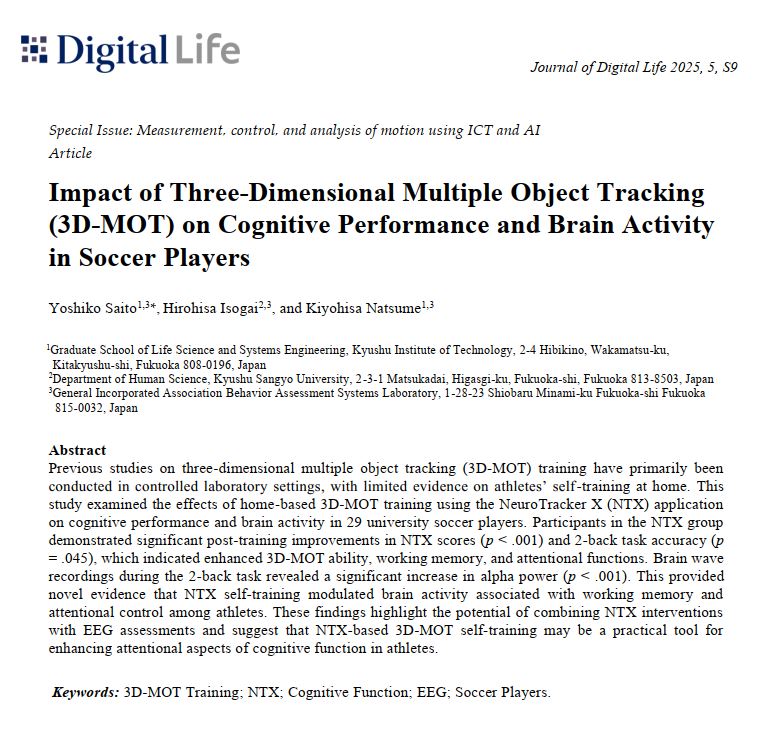Welcome to the Research and Strategy Services at in today's fast-paced.


Unlike a lot of other fields of science, the pace of progress in neuroscience has been accelerating for many years, and 2017 showed no sign of stopping. Let’s take a look at 7 high points of this past year.
Late this year, the Allen Institute for Brain Science released a publicly available tool for researchers to explore the building blocks of the human brain. This open-access service will massively help neuroscientists worldwide to interpret human nerve cell data. This will help accelerate advances in our general understanding of the brain.

It was revealed that low-frequency oscillations in the hippocampus help to synchronize overall activity in the brain. Researchers at the at the University of Hong Kong used optogenetics and resting-state fMRI to show that slow hippocampal activity controls and connects activities in different areas of the brain. This represents a big step towards the lofty goal of understanding functional brain connectivity and the human connectome. In a separate study, it was also revealed how the hippocampus influences our future thinking.

Image credit: University of Hong Kong https://www.hku.hk/
The DeepMind artificial intelligence system AlphaGo Zero not only learned how to play the board game ‘Go’ all by itself, it also beat the current champion, its predecessor AlphaGo! Using human brain network algorithms, it demonstrated the power of the intelligence built into our grey matter.

Setting a new precedent, neuroscientists across the globe began a large-scale collaboration called the International Brain Lab. Their goal is to understand how the brain computes choices and makes decisions from simple levels through to the coordinated activity of a complex network. Using large amounts of brain scanning, the project is expected to rapidly speed up our understanding of brain computation.

Our reliance on the Internet for vast online resources has been shown to be affecting our thought processes for problem-solving, recall and learning. Research published in the journal Memory, found that ‘cognitive offloading’ (using external resources instead of brain power), increases cumulatively with internet use. With smartphone and smart glasses technology set to rise rapidly across the global population, this research unearths potentially huge consequences for how human interactions with technology will evolve over time.

Neurons are the basic building blocks that compose our brain and control everything we do. According to the common understanding for over a century, each neuron fires when it accumulates a certain amount of incoming electrical signals from other neurons - as a spike or action potential. However, this year scientists at the Department of Physics at Bar-Ilan University showed this view to be inaccurate. In fact, neurons behave in much more complex ways that compute the combined strength and directionality of incoming signals to generate different spike waveforms. The discovery opens up the possibility that networks of neurons could produce far greater complexities of behavior than traditionally thought.

Trillions of organisms including bacteria, viruses, funguses and microscopic animals call our body home. Amongst a wealth of new research finding that the microbiome of guts play a central role in our health, a 2017 study identified gut microbiota that directly influence our mood and behavior. As there are also links between gut health and psychological disorders, the finding should lead to new ways to treat common problems like anxiety and depression.








Welcome to the Research and Strategy Services at in today's fast-paced.

An evidence-based discussion of whether activities like crosswords and Sudoku meaningfully improve brain health, clarifying what they support, what they do not, and why benefits are often misunderstood.

Check out these excellent insights on the role of neuroscience in sports performance.

Learn about your brain's remarkable neuroplasticity.
.png)